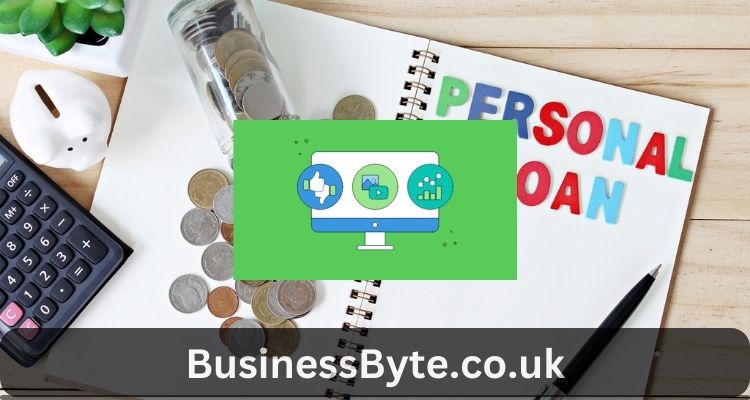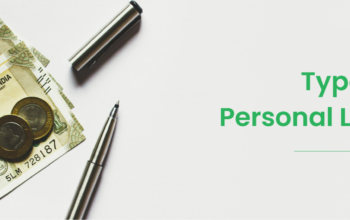Whether in the government or private sector, working professionals often encounter distinct financial situations. Whether it’s an unexpected medical emergency, the need for home renovation, or children’s education fees, the financial challenges can be distinctive and pressing. Here, Personal Loans come to the rescue.
When it comes to government employees, new-age lenders offer customised Personal Loans designed to meet their specific financial needs. Personal Loans for government employees are unsecured, so they can be used for any legal purpose.
This post provides a comprehensive guide on these specialised loans, from eligibility criteria to Personal Loan interest rates.
Why Government Employees Need Specialised Personal Loans?
While Personal Loans are widely available, they may not always cater to the specific financial challenges government employees face. Generic Personal Loans might come with stringent eligibility criteria or less favourable interest rates, making them a less attractive option.
In contrast, Personal Loans for government employees are customised to suit the unique employment status, job security, and payment schedules that come with government jobs. These loans can be more aligned with your financial capabilities and needs.
Features of Personal Loans for Government Employees
What sets a Personal Loan for government employees apart from a regular One?
First, you can expect highly competitive interest for a Personal Loan. Given the job security associated with government employment, financial institutions often offer more attractive interest rates to government personnel.
Secondly, the repayment tenures are usually more flexible, ranging from a few months to several years, allowing you to plan your finances better.
Finally, the application process is often streamlined, requiring minimal documentation, thus speeding up the loan approval and disbursement process.
Eligibility and Application Process
You must check your eligibility before applying for a Personal Loan for government employees. Most financial institutions require you to be within a certain age bracket, often between 21 and 60 years.
Employment tenure is another factor; you may need a minimum service period, usually 12 months to 60 years. Salary limitations may also apply depending on the bank’s policies.
The application process is relatively straightforward:
- Research and identify the bank or Non-Banking Financial Company (NBFC) offering the best terms.
- Gather necessary documents such as employment proof, identity verification, and income proofs.
- Choose between applying online or visiting the bank branch for a more personalised service.
- Once approved, the loan amount will be disbursed directly into your account.
Interest Rates and Fees
The interest for Personal Loans for government employees often varies between fixed and variable rates. Fixed rates remain constant throughout the loan tenure, making it easier to budget your monthly payments.
Variable rates, on the other hand, fluctuate based on market conditions, which means your monthly payments could vary.
Besides interest rates, be aware of other fees like processing charges, often a one-time payment made at the beginning of the loan period.
Some banks may also levy prepayment penalties if you decide to settle the loan before the end of its term.
Do’s and Don’ts
Do Check Your Credit Score
Your credit score is a three-digit number that lenders use to assess your creditworthiness. It’s crucial to check this score before applying for any loan, including a Personal Loan for government employees.
A high credit score can increase your chances of loan approval and fetch you more favourable terms.
- Why it matters: Banks and financial institutions view a high credit score as an indicator of financial responsibility, which can lead to lower interest for Personal Loans and more flexible repayment options.
- How to check: Various platforms provide free credit score checks. You can also get a detailed credit report from credit bureaus like CIBIL, Experian, or Equifax in India.
- Improvement tips: If your credit score is less than ideal, consider postponing your loan application and take steps to improve it. This may include paying off existing debts and ensuring timely payment of bills.
Don’t Overborrow
The temptation to borrow more than you need can be tempting, especially when you’re eligible for a higher loan amount. However, it’s prudent to stick to borrowing only what you require.
- Why it matters: Overborrowing can lead to significant financial stress in the long run. Remember, a loan is not ‘extra money’; it’s a financial obligation you’ll have to repay with interest.
- How to gauge: Make a detailed assessment of your financial needs and create a budget. Factor in your existing financial commitments, and consider future expenses before deciding on the loan amount.
- Additional costs: Remember that the higher the loan amount, the higher the interest rate for Personal Loan you’ll have to pay back. Always calculate the EMI and see if it fits comfortably within your monthly budget.
Conclusion
Securing a Personal Loan for government employees can be an effective way to meet your unique financial needs. With competitive interest for Personal Loans and flexible repayment terms, these loans are designed to be a convenient financial solution for government personnel.
By understanding the key features, eligibility criteria, and the application process, you can make a well-informed decision that aligns with your financial goals.




